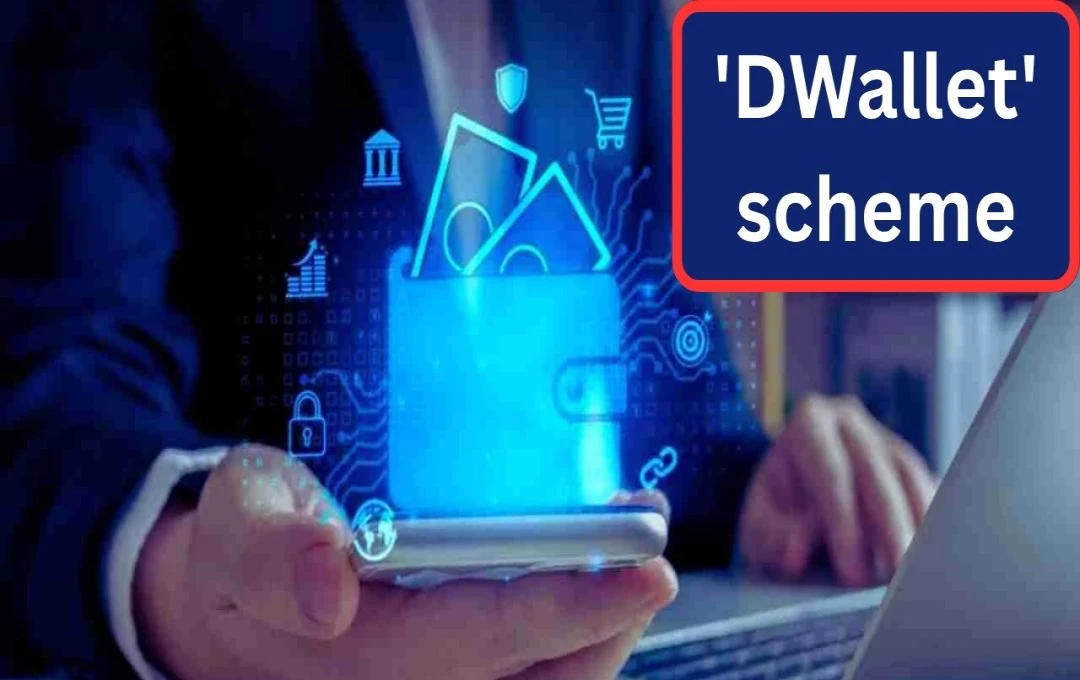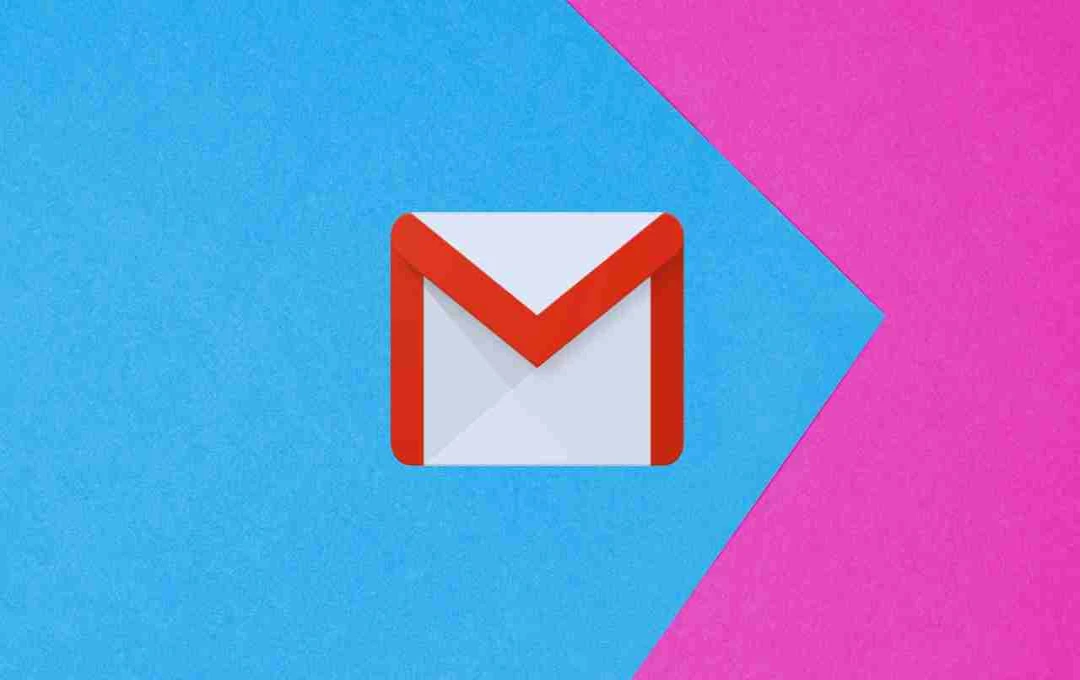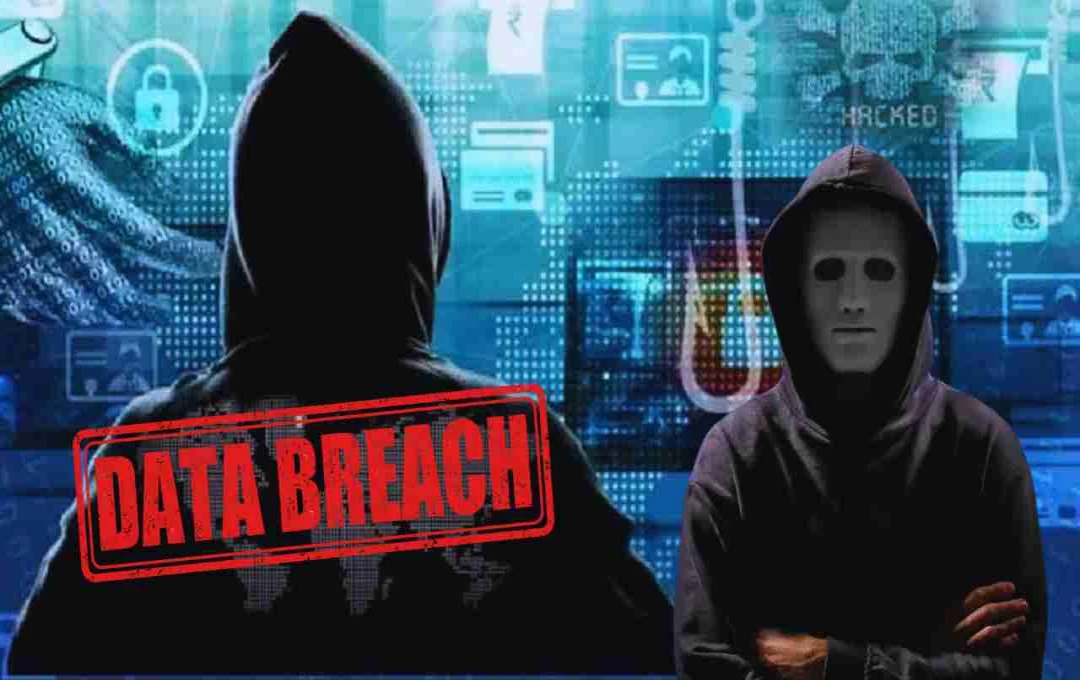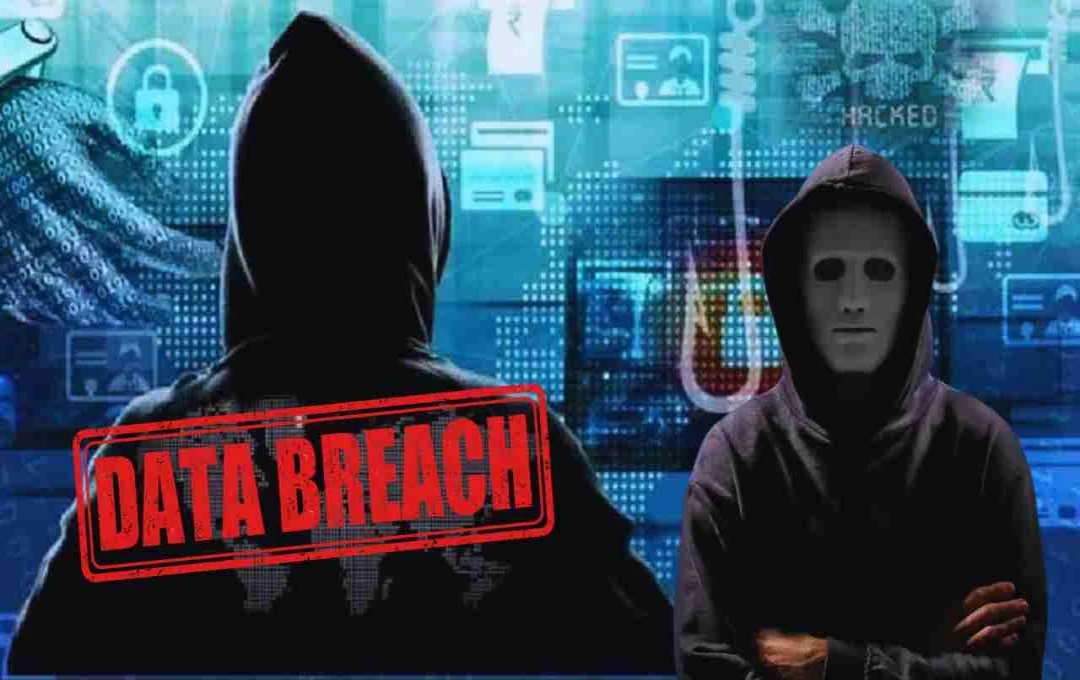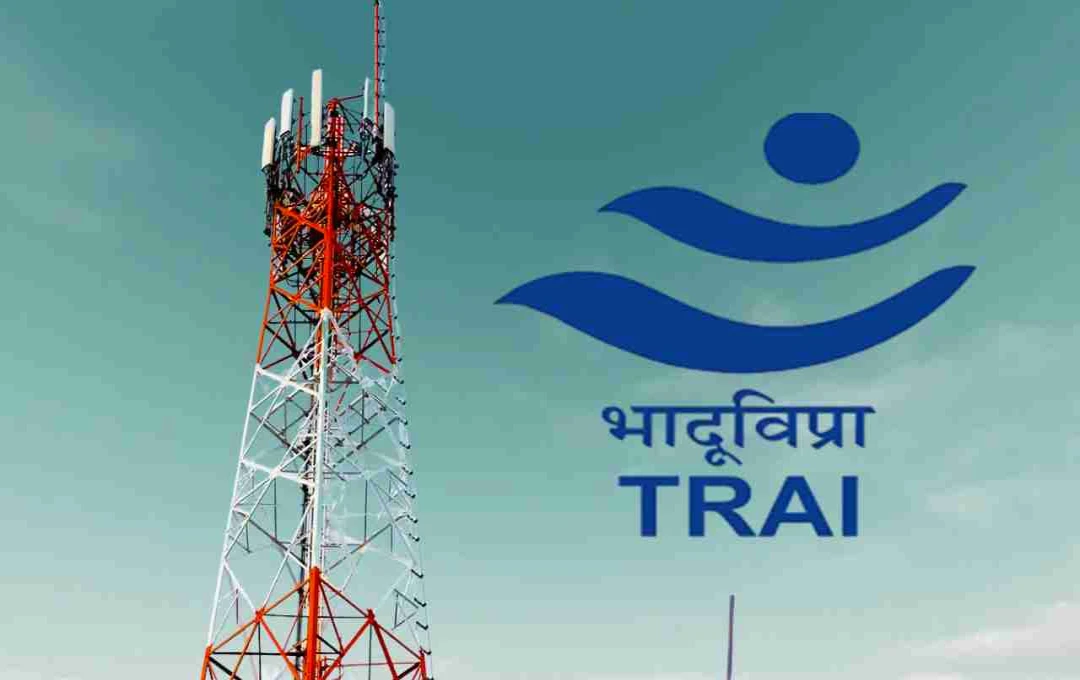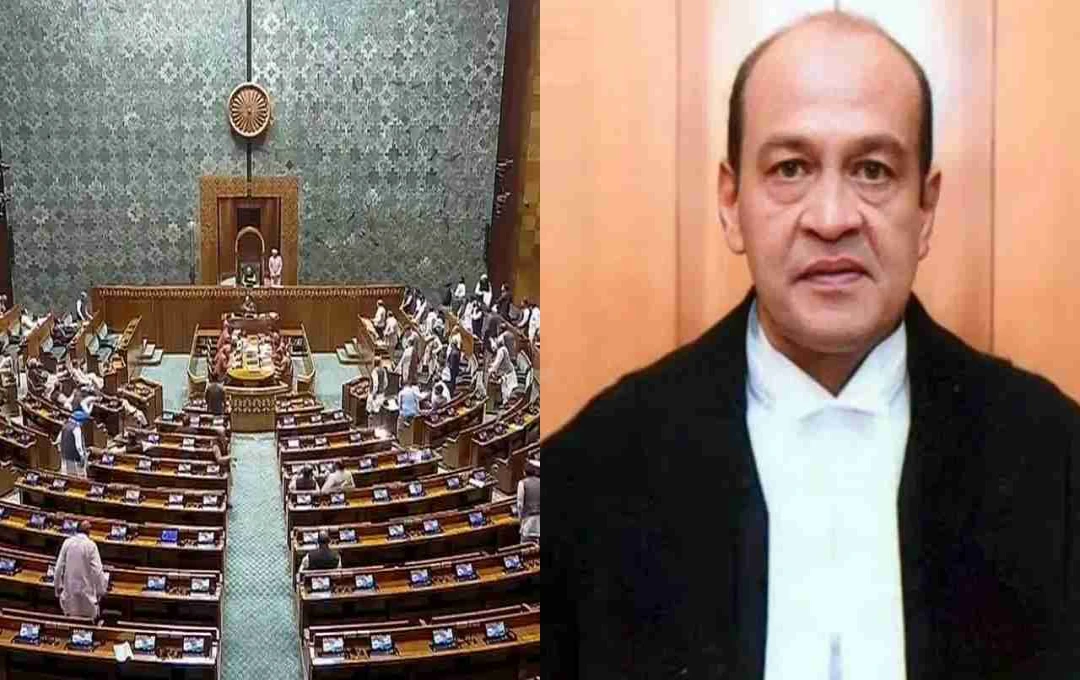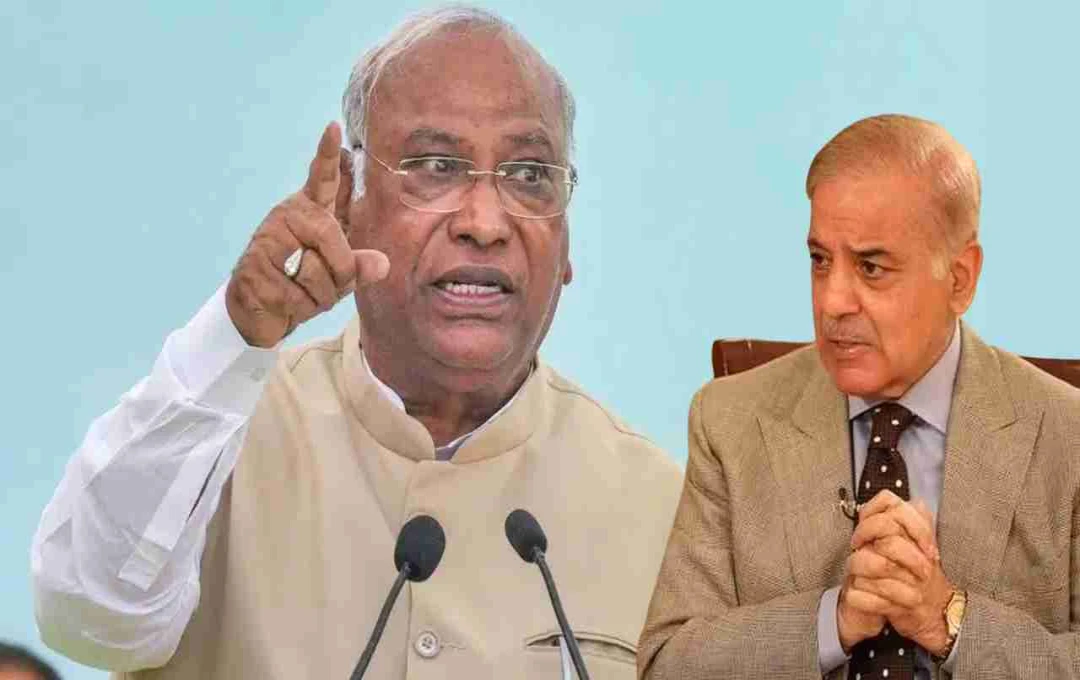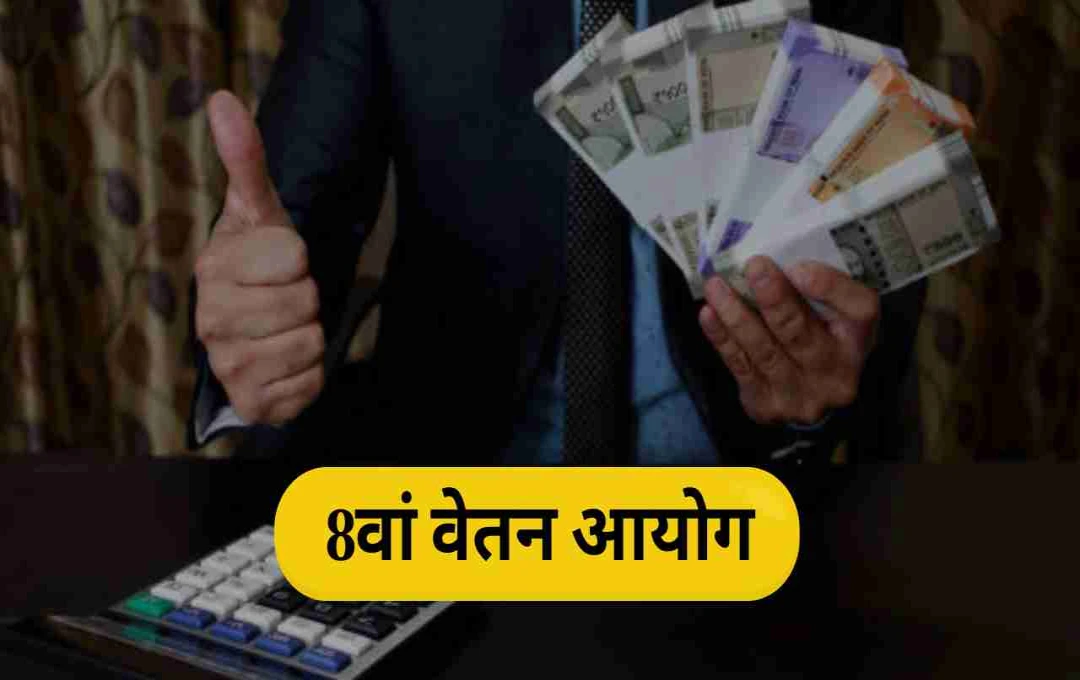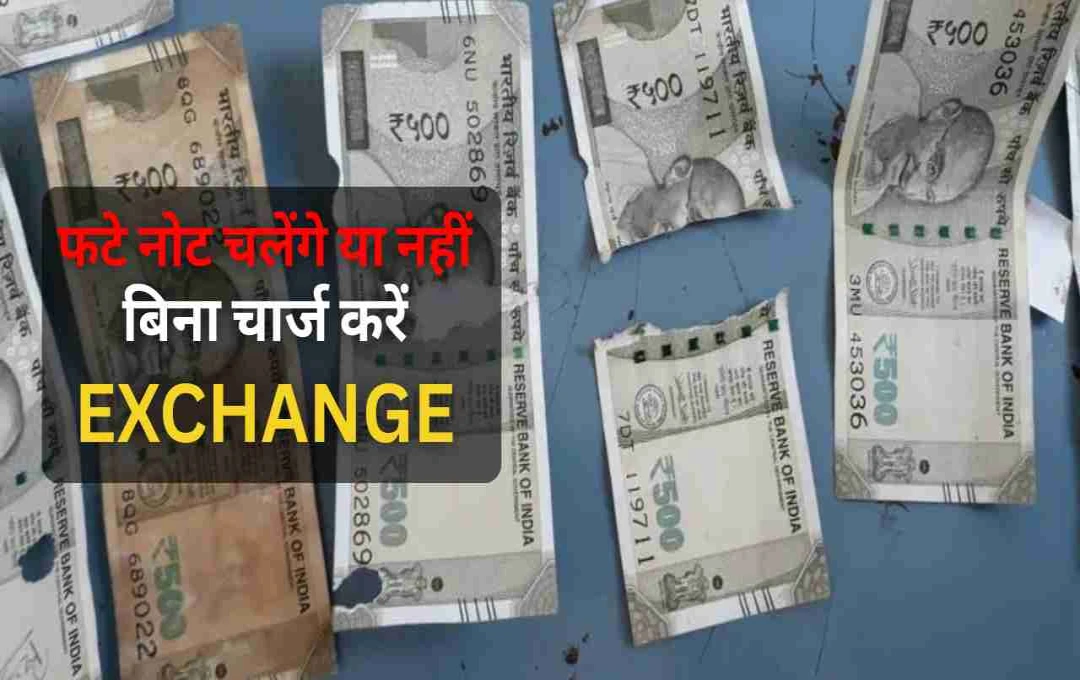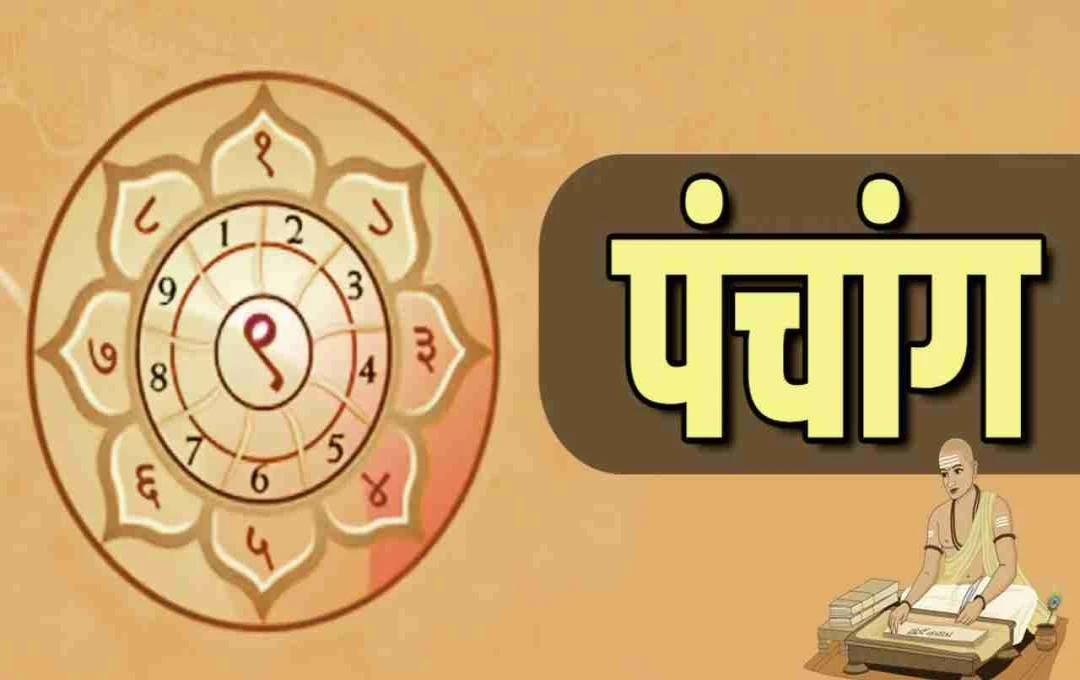Have you ever considered that your online data could generate income? This is becoming a reality. Brazil is poised to become the first country where citizens can directly earn money from their digital data.
Technology: Brazil has launched a pioneering initiative that could reshape digital rights and data management globally. The revolutionary 'D-Wallet' program allows ordinary citizens to earn money directly from their internet data. This scheme not only aims to demonstrate the value of data but also represents a significant step towards recognizing it as personal property.
What is the 'D-Wallet' program?
This Brazilian government initiative is a bold step towards digital empowerment. 'D-Wallet' is a digital platform where any citizen can store information related to their internet usage, including browsing habits, app activities, online transactions, and health and financial data. This digital wallet was jointly developed by the government tech company Dataprev and the private data management company DrumWave.
Users can sell the data stored in this wallet to companies at their discretion. Companies use this data for advertising, product development, and user behavior analysis. Crucially, individuals retain full ownership of their data.
How will data generate income?
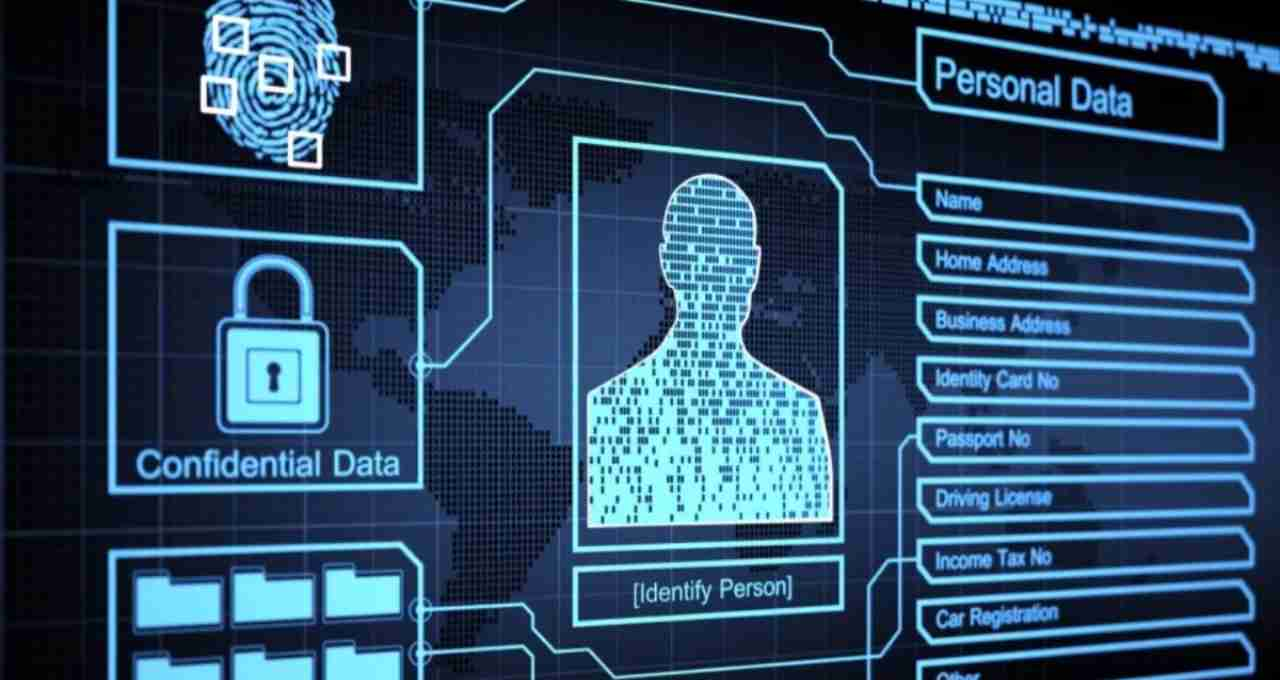
As digital services expand, so does the demand for data from companies. Typically, user data is accessed by tech companies without direct benefit to the users. However, 'D-Wallet' challenges this convention. When a citizen logs into a website, downloads an app, or makes an online purchase, their data is added to their wallet.
Companies wishing to utilize this data must obtain the individual's consent. If the individual consents, they will receive payment for the data. This is similar to earning interest on savings deposited in a bank.
What is the legal framework of this program?
The Brazilian parliament is working on a new law that would classify data as "private property." This means that an individual's data will be treated like any other asset, and selling or securing it will be at their discretion. This law will ensure that no company or entity can access an individual's data without their consent, and if they do, the individual will receive appropriate financial compensation.
Is selling data mandatory?
No. The 'D-Wallet' program is entirely voluntary. Individuals can choose not to share their data with anyone. However, if they choose to share, they will receive financial benefits. This is similar to choosing whether or not to allow a website to use cookies, except now there is direct compensation for granting permission.
Potential Risks and Expert Warnings
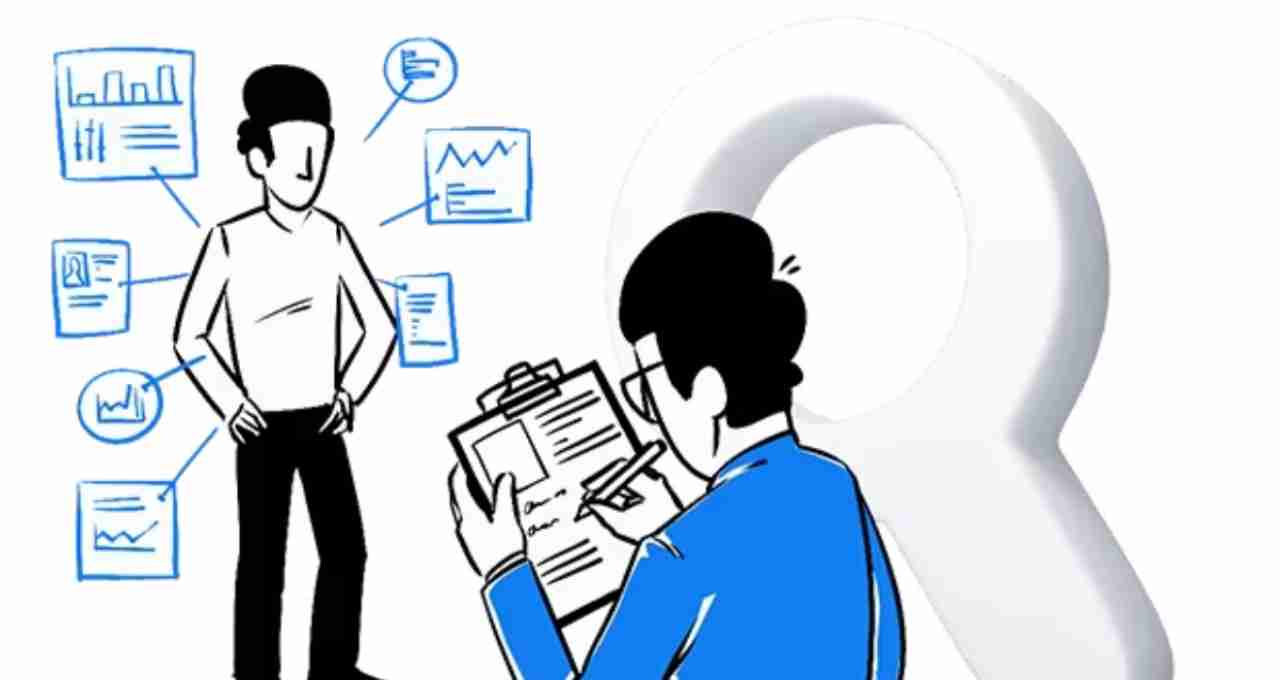
While this program grants citizens digital rights, some concerns have been raised. Experts point to a lack of digital literacy, slow internet speeds in rural areas, and the potential for less educated individuals to benefit immediately but suffer long-term disadvantages without understanding their rights.
For example, if an individual sells their sensitive data to a company for a small amount of money, there is a risk of future misuse.
What are the benefits for the government?
For the government, this program will function as a data bank. This will aid in creating data-driven policies across various sectors such as healthcare, education, financial inclusion, and transportation. This will lead to more personalized and effective policymaking. Furthermore, it will help the government understand the true needs of the population, allowing for more accurate budget allocation and implementation of public programs.
